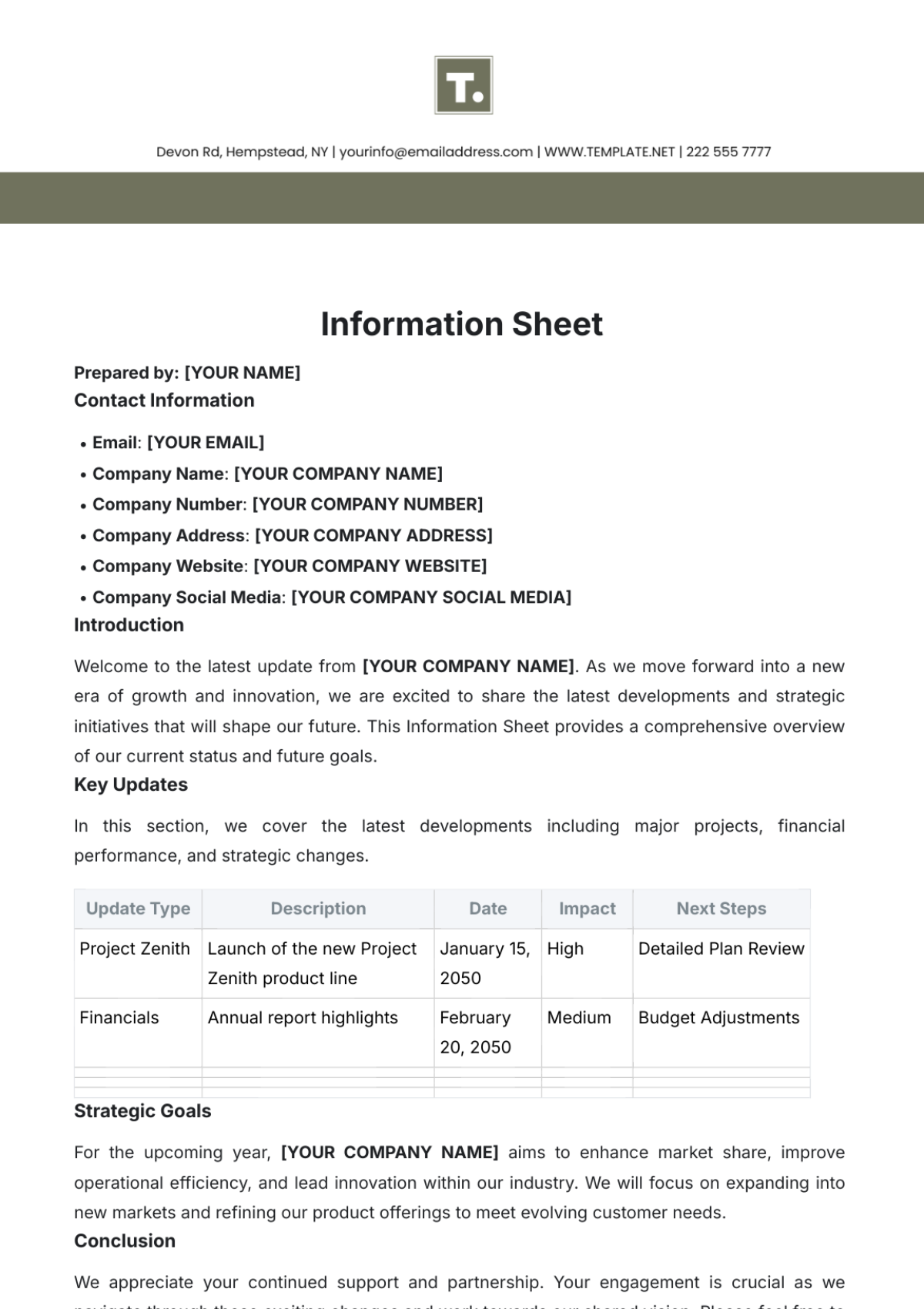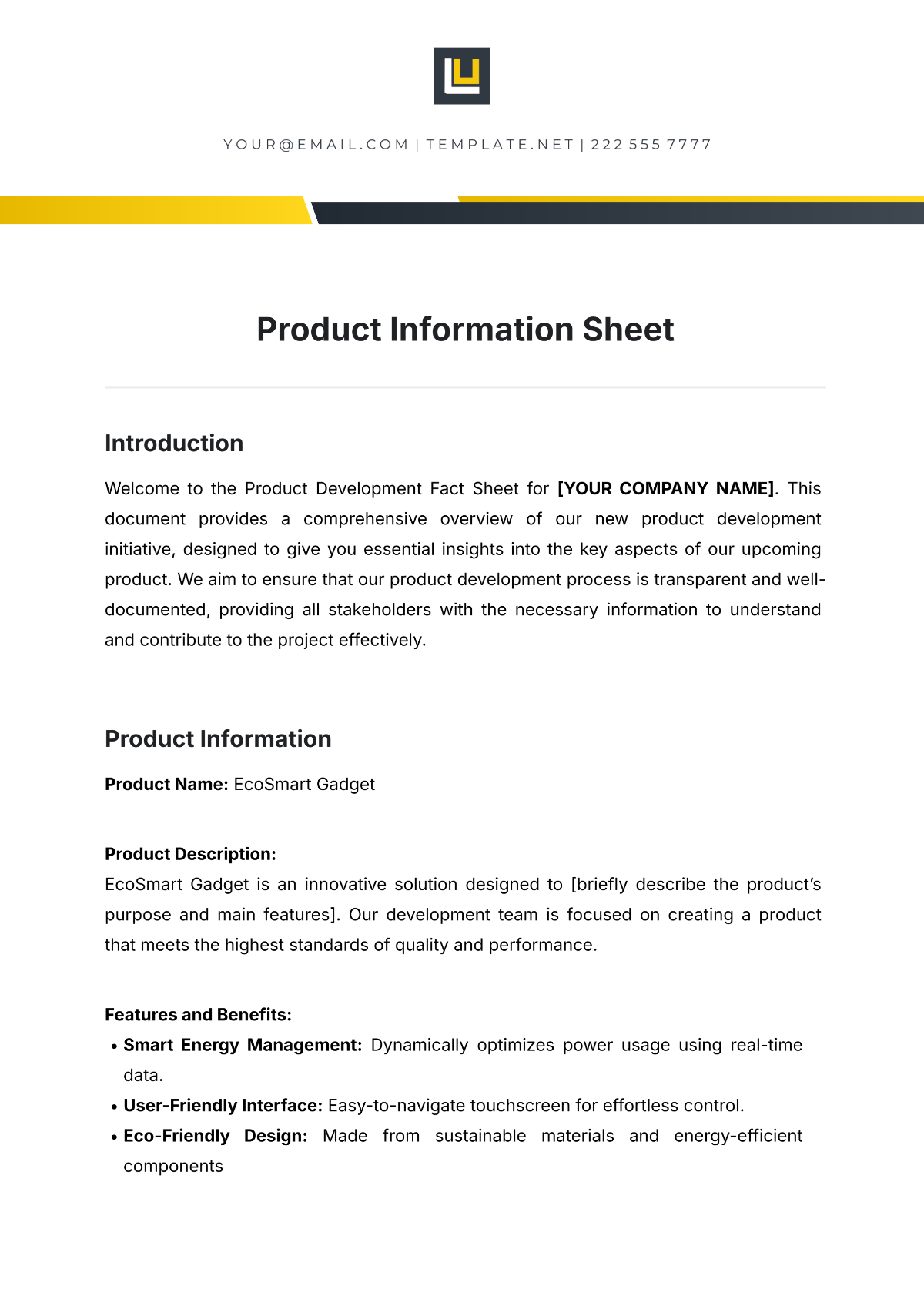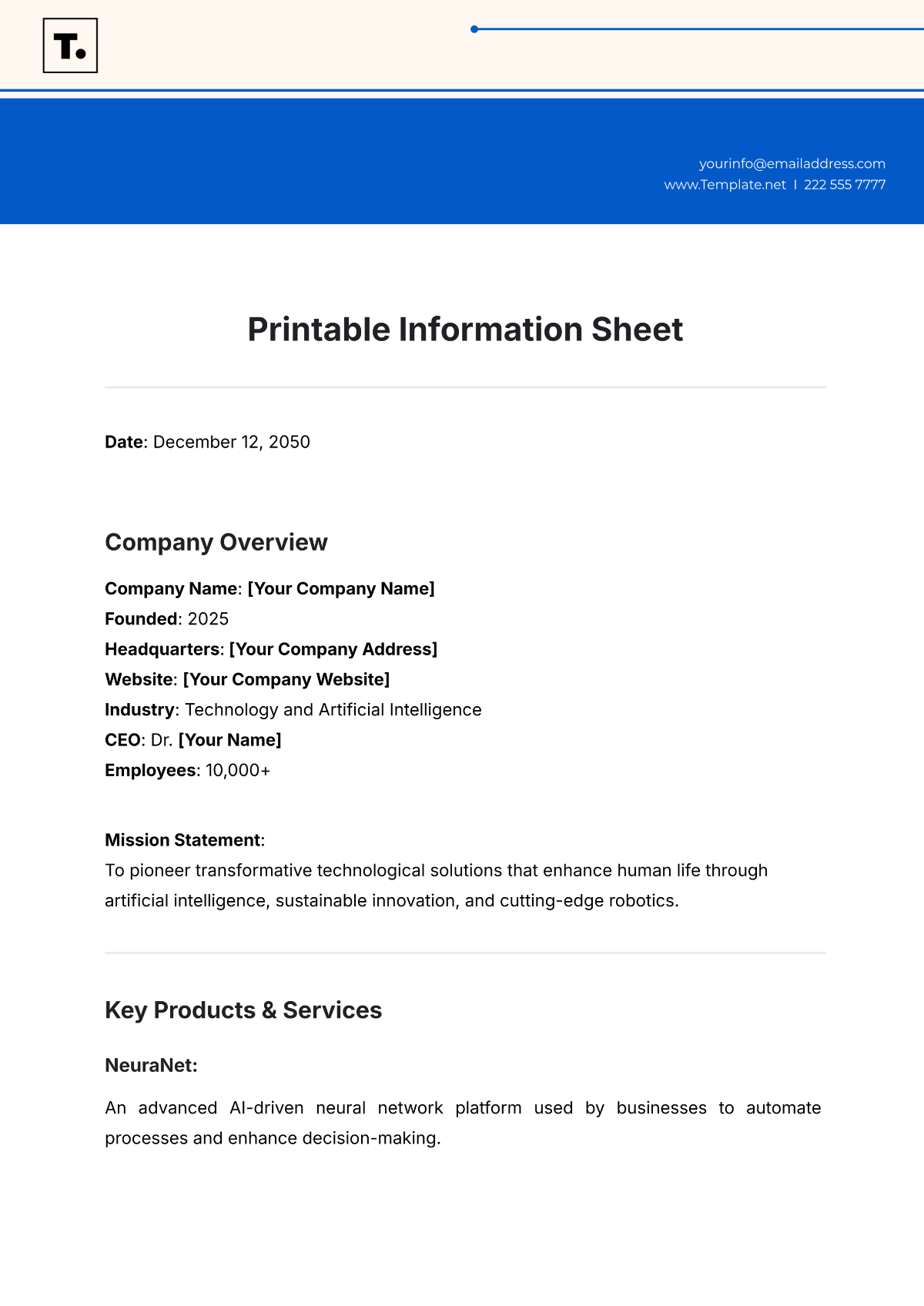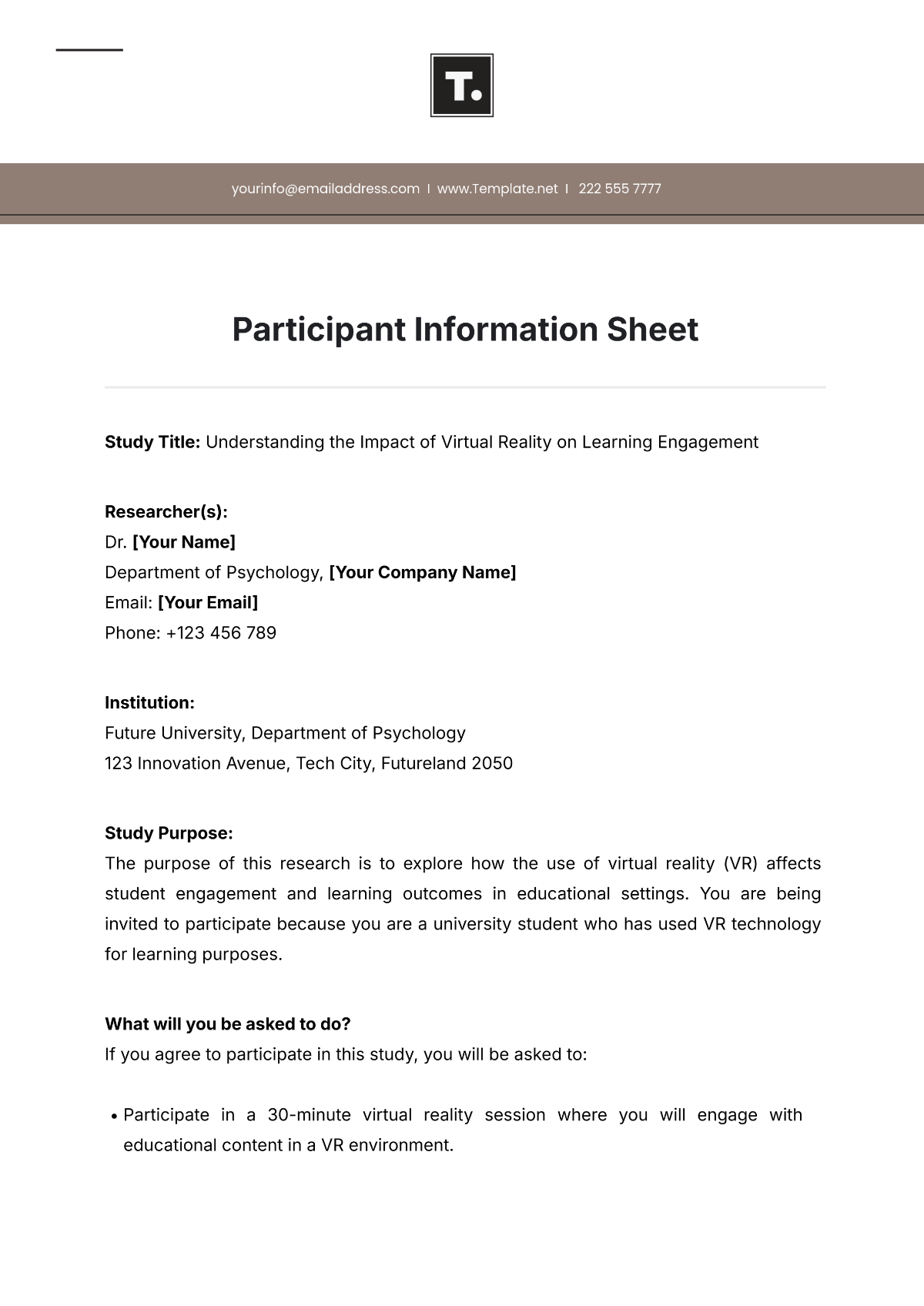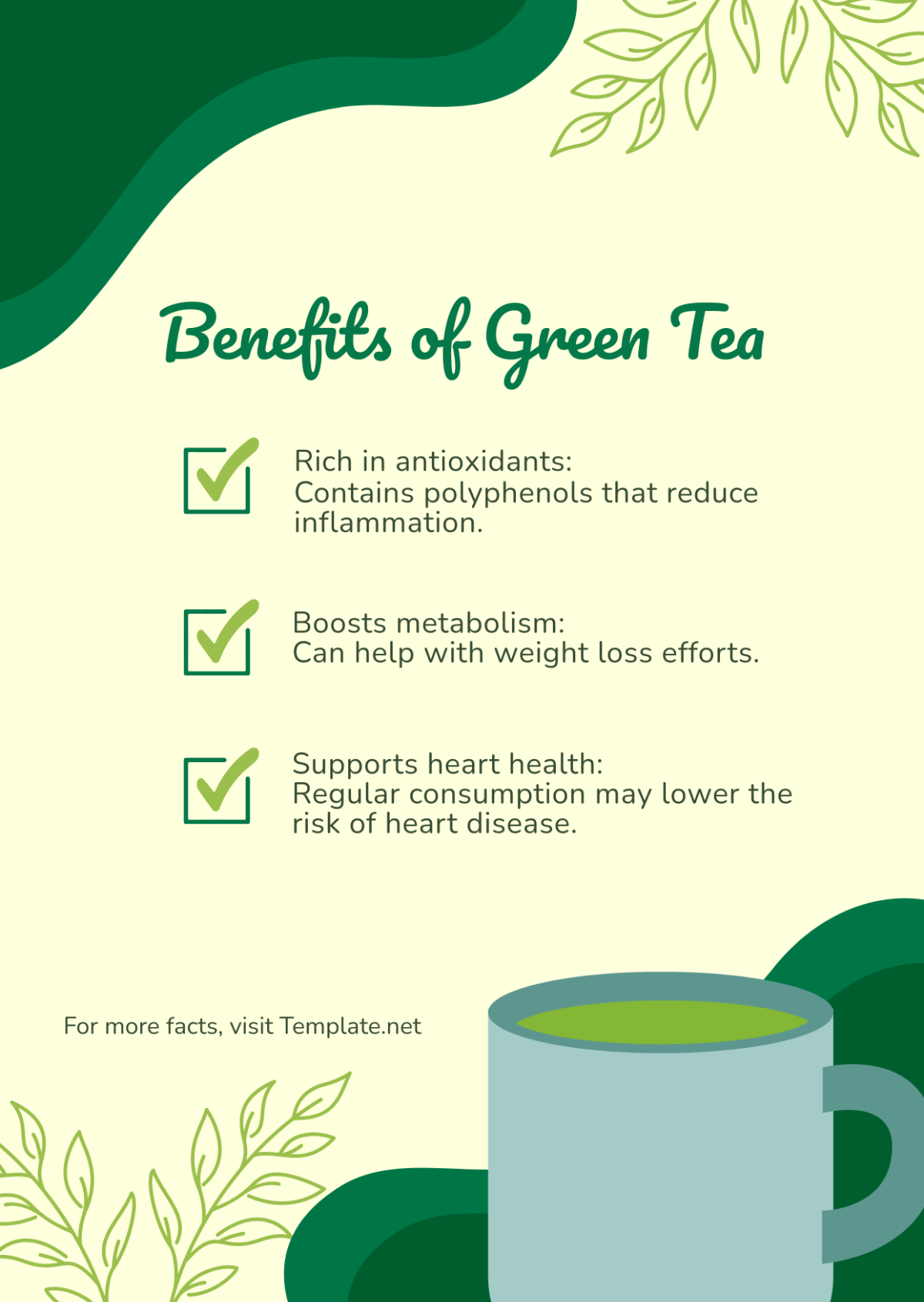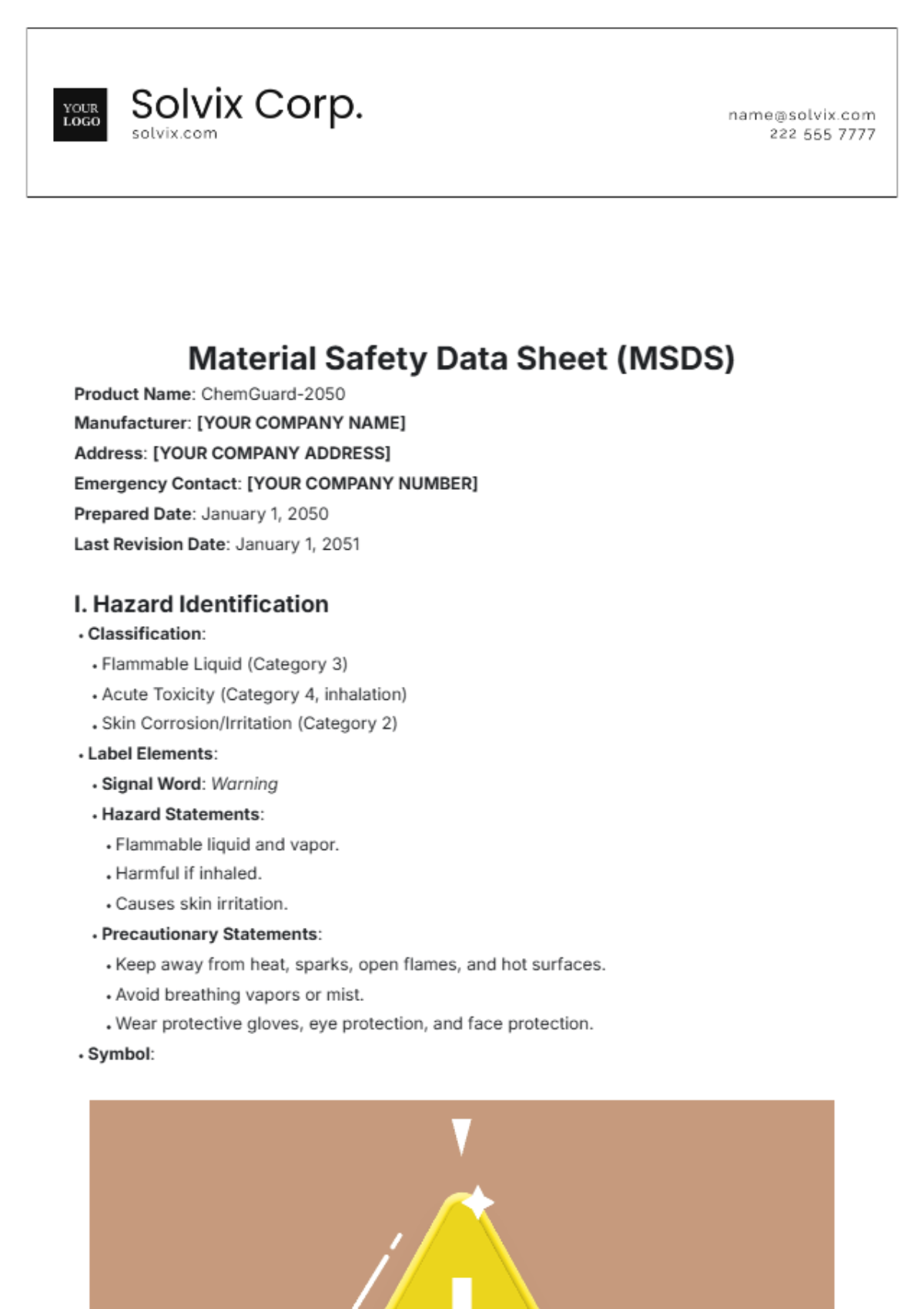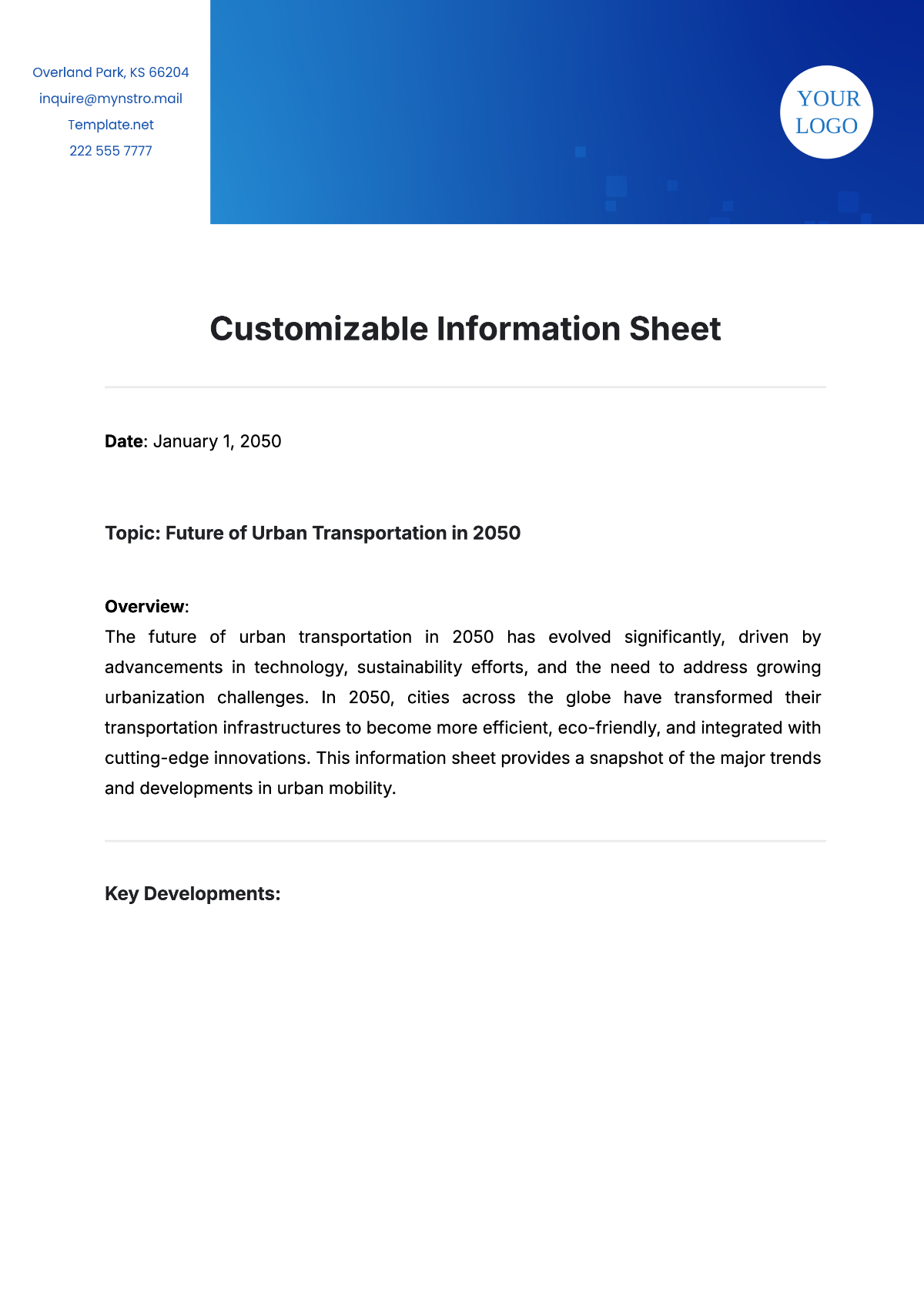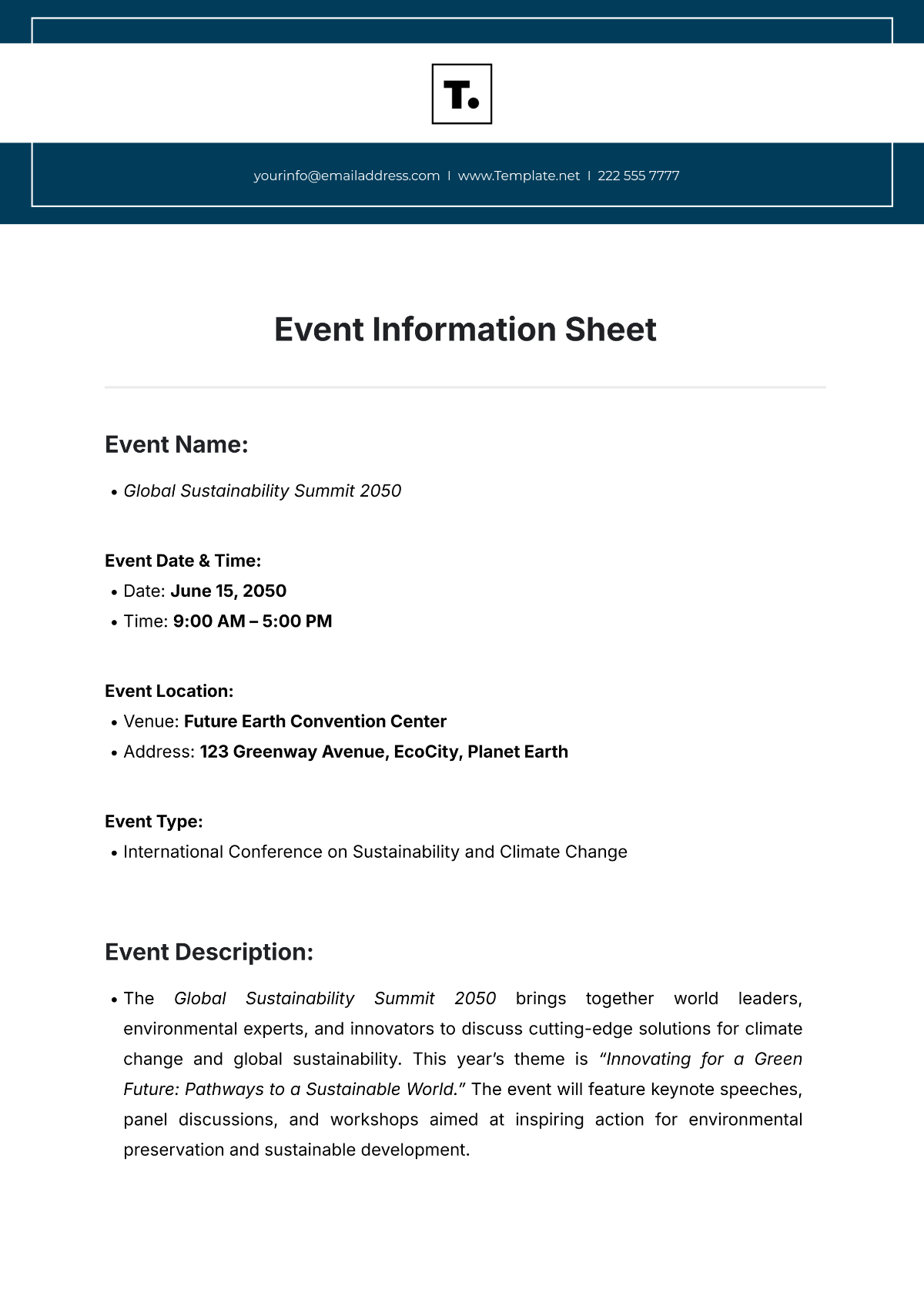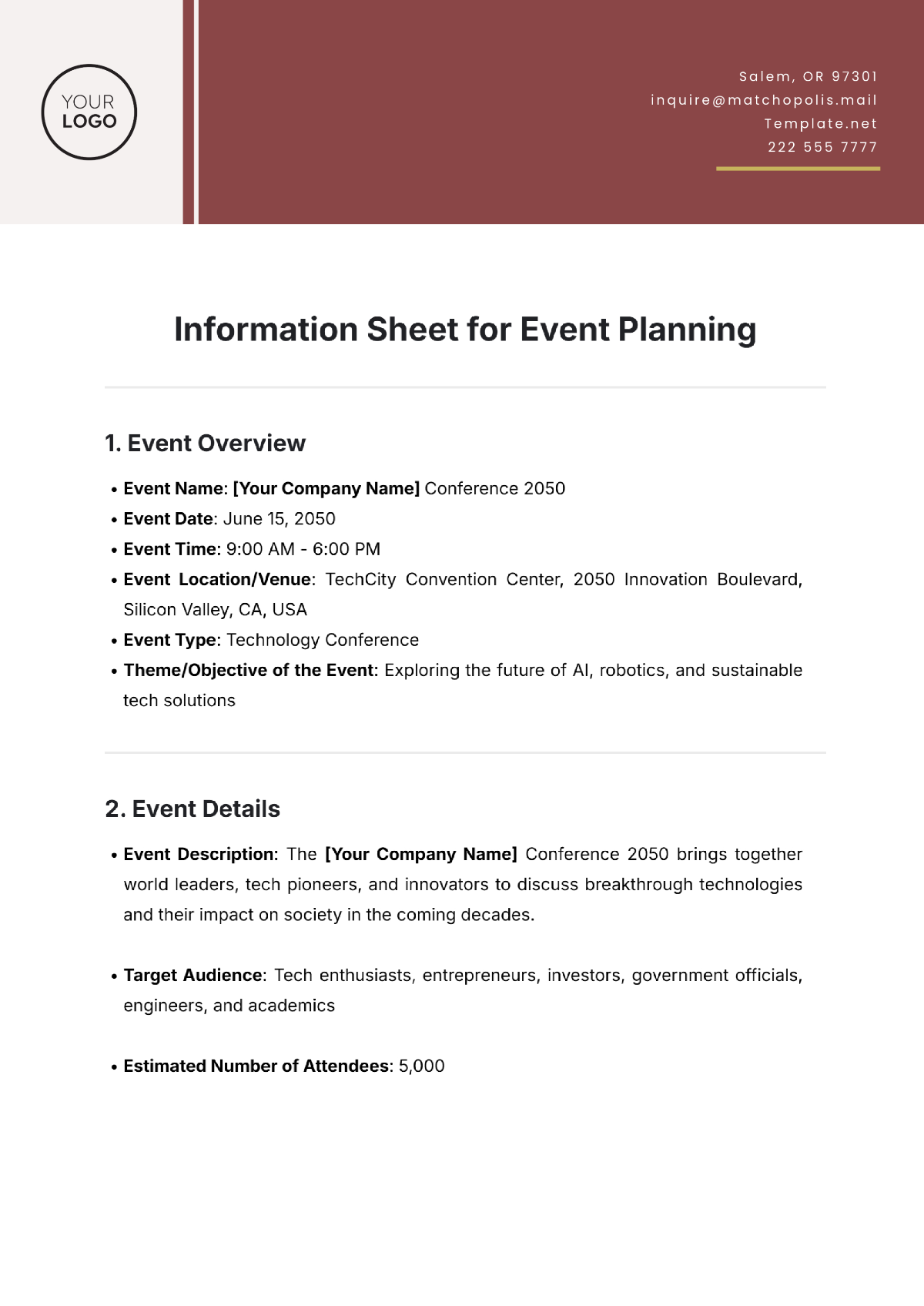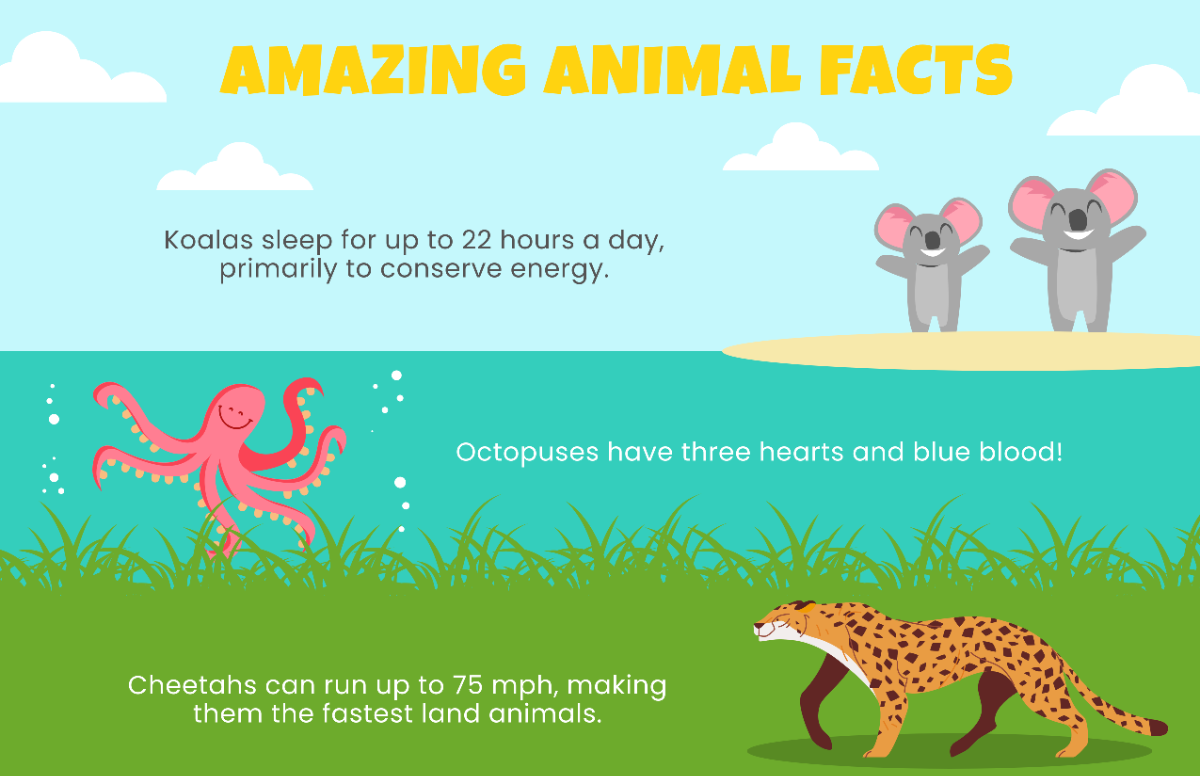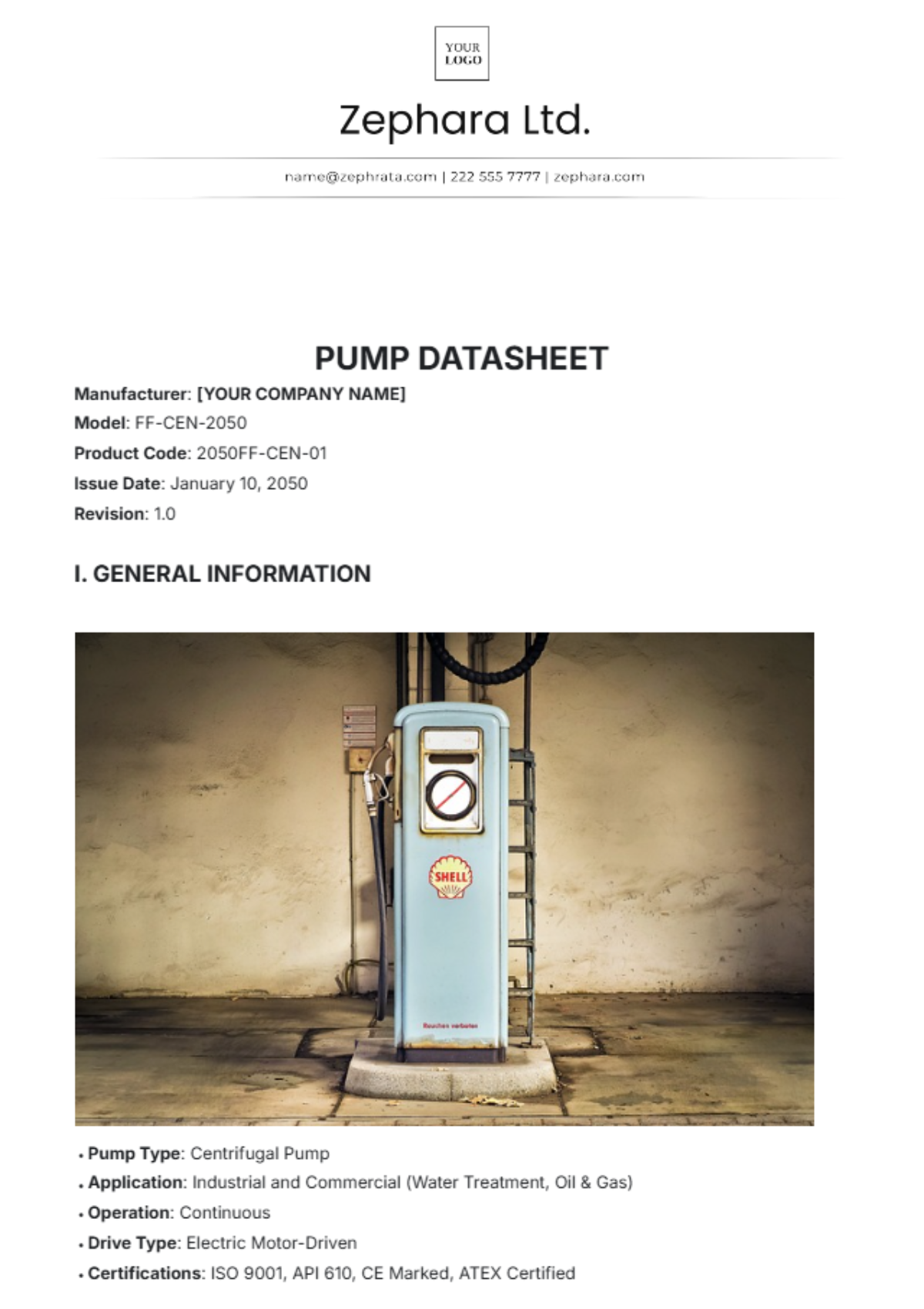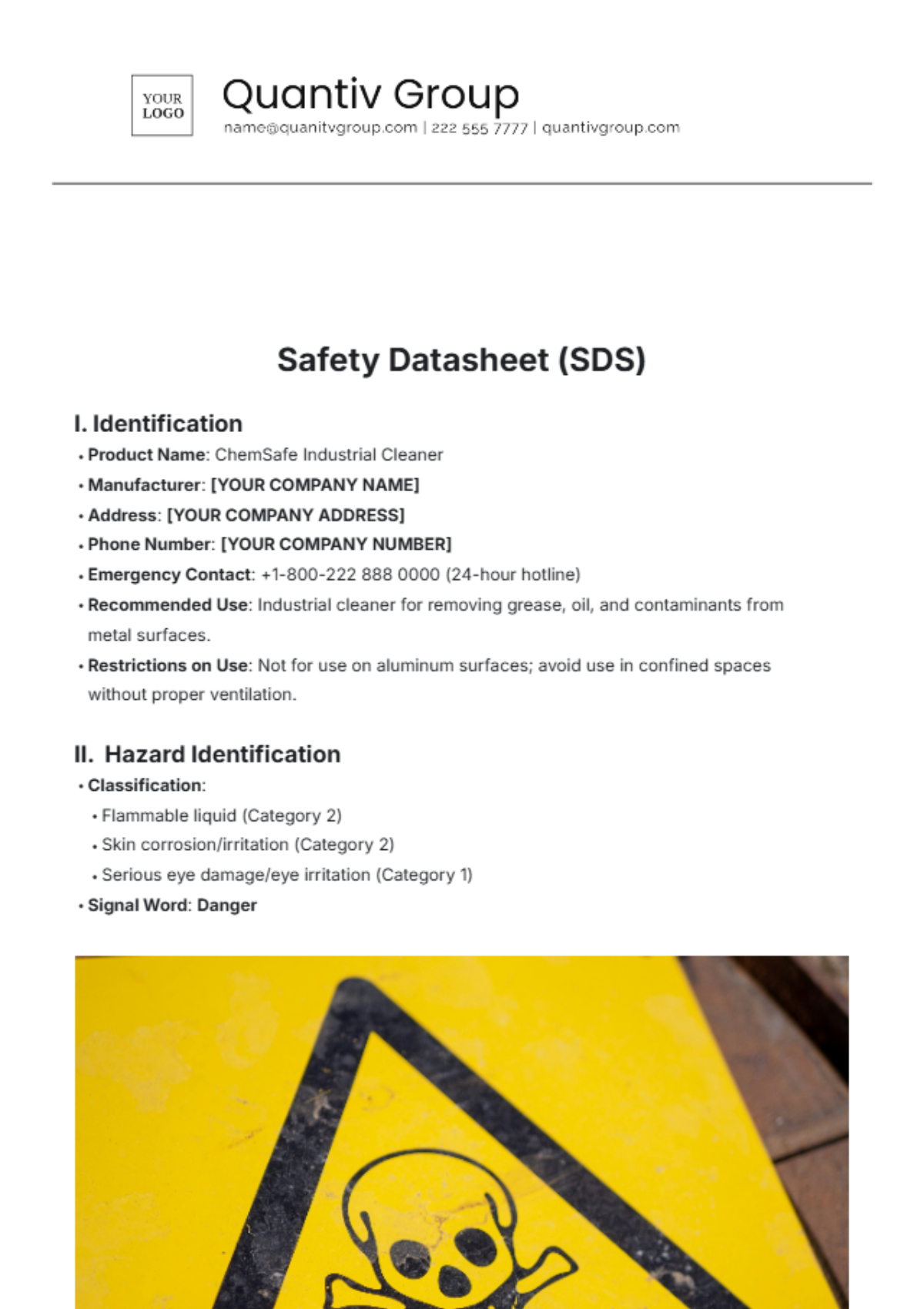CHEMICAL ENGINEERING FACT SHEET
I. INTRODUCTION
Welcome to the Chemical Engineering Fact Sheet brought to you by TechChem Solutions. This resource aims to provide a comprehensive overview of the fundamental principles, processes, and applications in chemical engineering. Whether you're a student, professional, or enthusiast, this Fact Sheet will help you grasp the interdisciplinary nature of chemical engineering and its significance across various industries.

II. OVERVIEW
Chemical engineering is a branch of engineering that combines chemistry, physics, mathematics, and biology principles to design and implement processes for the production, transformation, and utilization of chemicals, materials, and energy.

A. Key Concepts
Mass and Energy Balances: Ensuring the conservation of mass and energy throughout chemical processes.
Reaction Engineering: Understanding and optimizing chemical reactions for desired outcomes.
Transport Phenomena: Studying the movement of materials and energy in chemical systems.
Process Design and Optimization: Designing efficient and sustainable processes for chemical production.
B. Applications
Petroleum Refining: Refining crude oil into various fuels and petrochemicals.
Pharmaceuticals: Manufacturing drugs and medications for medical treatments.
Food Processing: Processing and packaging food products for consumption.
Environmental Protection: Developing technologies for pollution control and waste treatment.
III. FUNDAMENTAL PRINCIPLES
A. Mass and Energy Balances
Mass and energy balances are foundational concepts in chemical engineering, ensuring the conservation of mass and energy throughout chemical processes. These principles are applied in designing and optimizing chemical processes to achieve desired outcomes efficiently.
B. Thermodynamics
Thermodynamics principles govern the energy exchange and transformation in chemical processes, including heat transfer, work, and phase transitions. Understanding thermodynamics is essential for predicting and controlling the behavior of chemical systems.
C. Fluid Mechanics
Fluid mechanics examines the behavior of fluids (liquids and gases) under various conditions, crucial for designing piping systems, pumps, and reactors. By understanding fluid mechanics, chemical engineers can optimize the flow of materials and energy within processes.
IV. CHEMICAL ENGINEERING PROCESSES
A. Distillation
Distillation is a separation process based on the differences in boiling points of components in a mixture, widely used in refining crude oil and producing alcoholic beverages. By carefully controlling temperature and pressure, distillation separates components with different volatilities, enabling the purification of liquids.
B. Reaction Engineering
Reaction engineering involves the study of chemical reactions and their kinetics to optimize reaction conditions for desired product yields. Chemical engineers design reactors, select catalysts, and control operating conditions to maximize the efficiency and selectivity of chemical transformations.
C. Separation Techniques
Various separation techniques such as filtration, chromatography, and extraction are employed to isolate and purify desired products from complex mixtures. These techniques rely on differences in physical or chemical properties to separate components effectively, enabling the production of pure substances.
V. REAL-WORLD EXAMPLES
A. Petroleum Refining
Petroleum refining processes such as distillation, cracking, and reforming are essential for producing gasoline, diesel, and other petroleum products. Chemical engineers optimize these processes to meet quality specifications, minimize environmental impact, and maximize resource utilization.
B. Pharmaceutical Production
Chemical engineers play a critical role in designing processes for the synthesis, purification, and formulation of pharmaceutical drugs. From raw material selection to final product packaging, chemical engineering principles ensure the safety, efficacy, and quality of pharmaceutical products.
VI. CONCLUSION
Chemical engineering is a dynamic field that intersects with various industries, driving innovation and sustainable development. By understanding its fundamental principles and applications, individuals can contribute to solving complex challenges and advancing technology.

